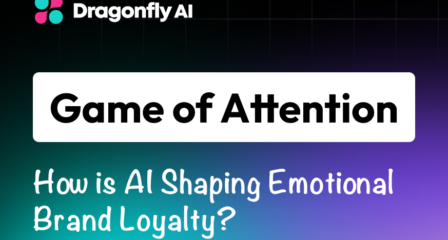
A global first
This month I’m excited to have been able to take part in the first global crowdsourced neuroscience study! Let me explain…
The ‘Brains vs Virus’ study was designed to better understand health messaging during the coronavirus pandemic and the public’s response to it. Without a vaccine, the best way to fight infectious diseases is for everyone to change their behaviour and follow measures recommended by public health authorities. The results of this study could help governments around the world improve the effectiveness of their messaging to better fight pandemics like COVID-19 in the future.
Well connected
When I conduct neuromarketing research into consumer insights, I use wearable EEG technology which reads brain activity. The results provide feedback on how consumers feel about a product or service at a subconscious level. It also provides indications of their emotions and, although we would like to think as human beings our purchasing decisions are entirely rational, they are highly driven by emotions. During lockdown, like thousands of my researcher colleagues worldwide, I’ve been unable to use this equipment. So, the manufacturers decided to put it to good use by developing a global neuroscientific study which people like me could take part in from home.
The study investigates which public health messaging strategies and formats work best by measuring levels of attention and stress in the brain while also assessing habituation and memorisation. This is achieved by utilising machine learning algorithms which translate electrical impulses within the brain into meaningful information (real-time measures of engagement, interest, stress, attention, relaxation and focus). These physiological results are often happening below an individual’s conscious awareness, so this is not information you would ever glean from conventional research.
 Moving forward
Moving forward
The information that this study provides could also be used by the Government and other organisations to support the economic recovery. Many people have become habituated with lockdown, and physical distancing and social isolation have become the norm. These new learned behaviours may be difficult to change but what will our towns and cities look like if working from home and shopping online become long-term? How can the Government restore people’s confidence to return to work and travel again and how can we as marketers give our customers the confidence to return to the high street? For the economy to fully recover brands need to connect with their customers on a deep personal level and support them through this difficult time. Ignoring the fact that people are in a high emotional state would be extremely detrimental to any brand.
Impact
The results of the global neuroscience study will be shared publicly, and organisations and governments will be able to use the information it provides. These insights will improve the effectiveness of messaging and help us to understand the triggers and barriers that drive decisions or influence public behaviour in the new world.




